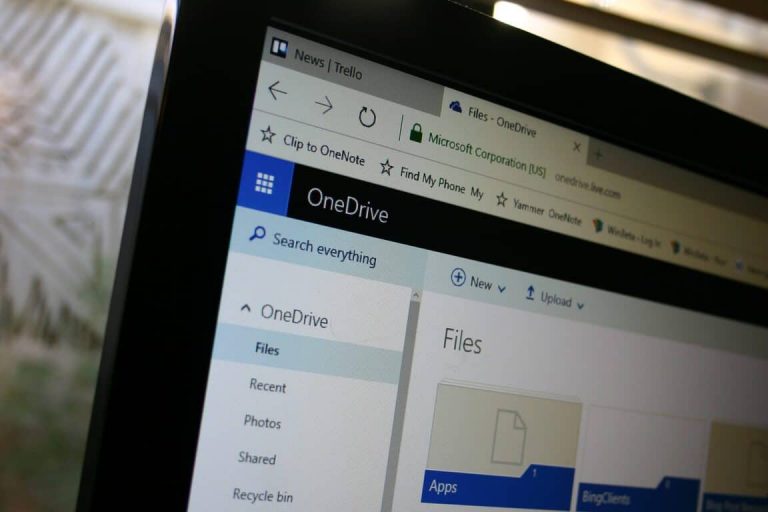Microsoft giveth and Microsoft taketh away. Hot on the heels of much controversy, apologies, and retractions around the storage that Microsoft provides to consumer OneDrive users, Microsoft is making some changes for business users. Specifically, Microsoft is providing unlimited storage to subscribers to certain business Office 365 plans, to roll out over the next few months.
Here’s Microsoft’s statement on the topic:
Office 365 customers on our premium Enterprise, Government and Education plans will receive OneDrive for Business unlimited storage. Specifically, this includes unlimited storage for individuals in organizations with more than five people subscribing to one of the following plans:
– Office 365 Enterprise E3, E4, and E5
– Office 365 Government E3, E4, and E5
– Office 365 Education
– OneDrive for Business Plan 2 and SharePoint Online Plan 2
We will begin rolling out increased storage to these customers by the end of this month, starting with an automatic increase from 1 TB to 5 TB per user. We expect this rollout to complete by the end of March 2016. After this point, customers who want additional storage can request it as needed by contacting Microsoft support.
Consumer Office 365 subscribers and Office 365 business plans outside of the above will retain the 1TB of storage currently allotted. And, this storage update was planned quite some time ago; it’s not that Microsoft simply decided to inflame the consumer storage controversy by suddenly deciding to offer unlimited storage to businesses.
Microsoft recognizes that some Office 365 subscribers were expecting unlimited storage and aren’t receiving it, thus they apologize once again for any disappointment. The company points out that most OneDrive for Business users don’t use an entire 1TB of storage, but that’s not likely to mollify everyone.
Storage isn’t the only change coming to OneDrive for Business. Check out the video overview for the whole story:
First, there’s a new generation sync client for Windows and Mac, offering up reliability and performance improvements, selective sync, support for up to 10GB file size, and removal of the 20,000 file sync limit. OneDrive for Business is supported for now, with SharePoint support coming in the future. Availability of the sync client is a bit convoluted:
The OneDrive for Business Next Generation Sync Client is available for Windows 7, 8 and 10 (8.1 support will be added in the first quarter of 2016) and Mac OS X 10.9 and above. The Windows client is available today with the Mac client being available before the end of December 2015.
Next up are updates to OneDrive’s mobile apps. OneDrive for Windows 10 Mobile recently received an update that supports all of the needed viewing, editing, deleting, sharing, and uploading functionality for OneDrive consumer and OneDrive for Business.
OneDrive for iOS will soon be updated (before the end of 2015) to support offline storage. The iOS app will thus join Android (since September 2015) in enjoying the ability to store files offline, and Windows 10 Mobile users will receive this feature sometime in Q2 2016.
Finally, the Office Lens app for iOS will enable the direct uploading of content to OneDrive for Business. The Windows 10 Mobile and Android apps will support this functionality in Q1 2016.
If you’re a developer, you’ll have access to a new API that provides for programmatic access to files stored on OneDrive for Business. The API supports thumbnails, search, large file upload, and sync changes. Other new development options and SDKs are detailed over at the newly introduced OneDrive developer portal.
Those are some significant changes, and we’re sure that OneDrive for Business users will need some time to digest them all. In the meantime, they can enjoy their (soon to be) unlimited storage while consumer OneDrive users are still nursing their wounds.





